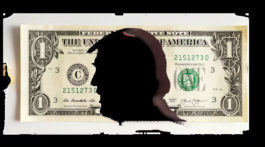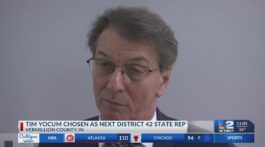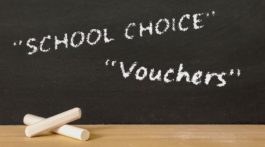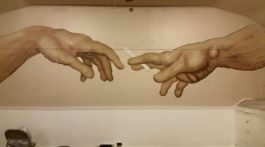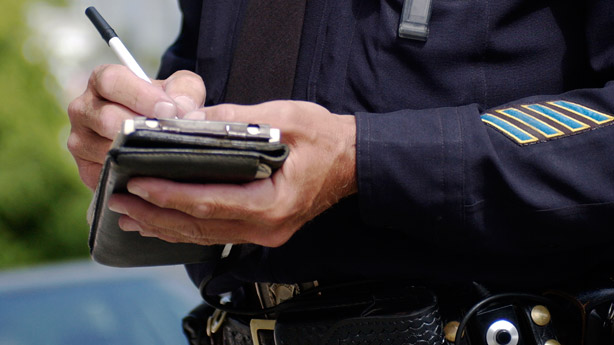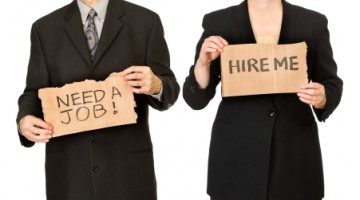By Mark W. Rutherford
The government often does a horrible job doing what citizens really want to see done. Many citizens have compassion towards a lot of the poor and want a government that is the same. However, the government often hurts the poor with its programs, and not in the way the usual naysayers often state.
Many readers have been conditioned that an opinion piece like this will go after welfare programs, unemployment programs, subsidized healthcare and other similar government programs that politicians and bureaucrats taut as compassion for the poor.
Well, prepare to be disappointed.
It is rarely stated, but the State of Indiana’s traffic laws and fines do much more harm to the poor with its higher than needed fines. The entire traffic law system needs to be redesigned so it does not unfairly stymie the poor with unreasonably high fines. Traffic tickets are one of the thousand small cuts from government that keep the poor from improving their lot.
Traffic tickets can be a significant reason many of the poor remain poor. Why? The fines are too high for the poor to pay. The deferral programs, in which the ticket is dropped for eligible drivers, costs over $225 in Marion County.
Think about that.
The minimum wage is $7.25 an hour. A minimum wage earner must work over 31 hours to pay that ticket (it is more than 31 hours because of payroll taxes). Someone making $100,000 a year, at 40 hours a week, must work 4½ hours to pay the ticket. So, a traffic ticket is an incredible burden on the poor person earning minimum wage, while much less of a burden to someone much wealthier.
What does the poor person do? Often the poor person does not pay the ticket.
Then his or her license gets suspended for not having paid the ticket in a timely fashion. The person doesn’t drive and can’t get to work and loses their job.
Conversely, as is often the case, the person needs the money and decides to take a chance and drives to work.
Then if the person gets pulled over again, a ticket for driving with a suspended license is issued, there is another fine, and if the fines are paid, there is a fee for reinstating one’s driver’s license. Fines, on top of fines, on top of fees, etc. The cost goes up and the poor get deeper and deeper into debt with the State of Indiana or their local government until the fines and fees take over a month to earn at a minimum wage job.
This scenario happens all the time and continues to happen. Don’t believe this? Go to traffic court in Marion County and talk to the people who are there waiting to contest their ticket or are waiting to have their case heard on driving with a suspended license. You’ll have plenty of examples to support the above.
The goal of law enforcement and government should not be to raise revenue with traffic tickets but to keep the peace and remind drivers to drive safely. The embarrassment of being pulled over, getting a citation and paying a small amount of money as a reminder to slow down is all that is needed. Yet our current fines don’t do that, for the fines are unreasonably high. Let’s make the fines and traffic laws more reasonable if for no other reason, to not put the costs of government on the backs of the poor.
Mark W. Rutherford is a shareholder of Thrasher Buschmann&Voelkel, PC in Indianapolis. He is also a past Vice-Chairman of the Libertarian National Committee (Libertarian Party). The views expressed in this piece are the author’s views, and not necessarily the views of his law firm or the Libertarian Party.




